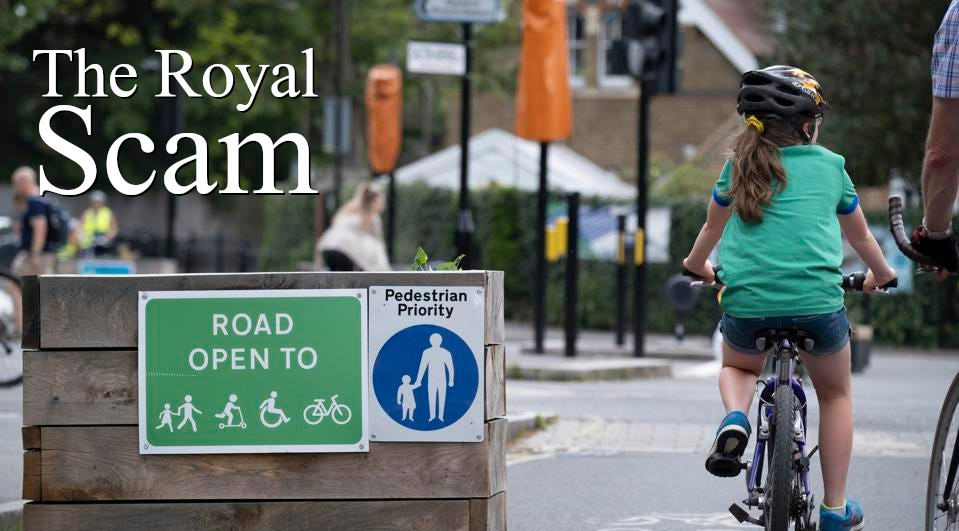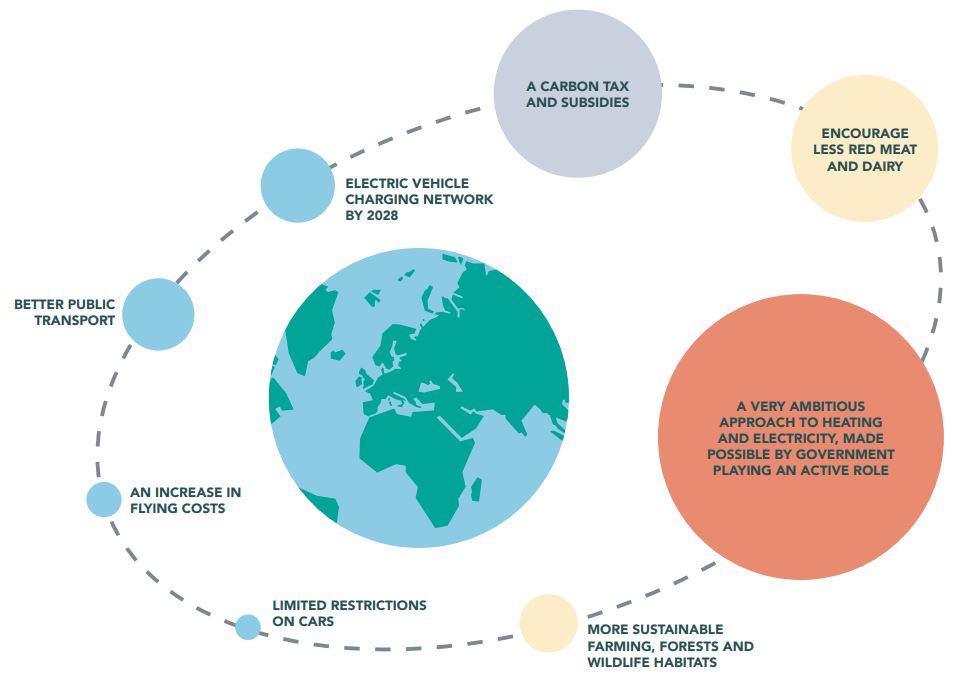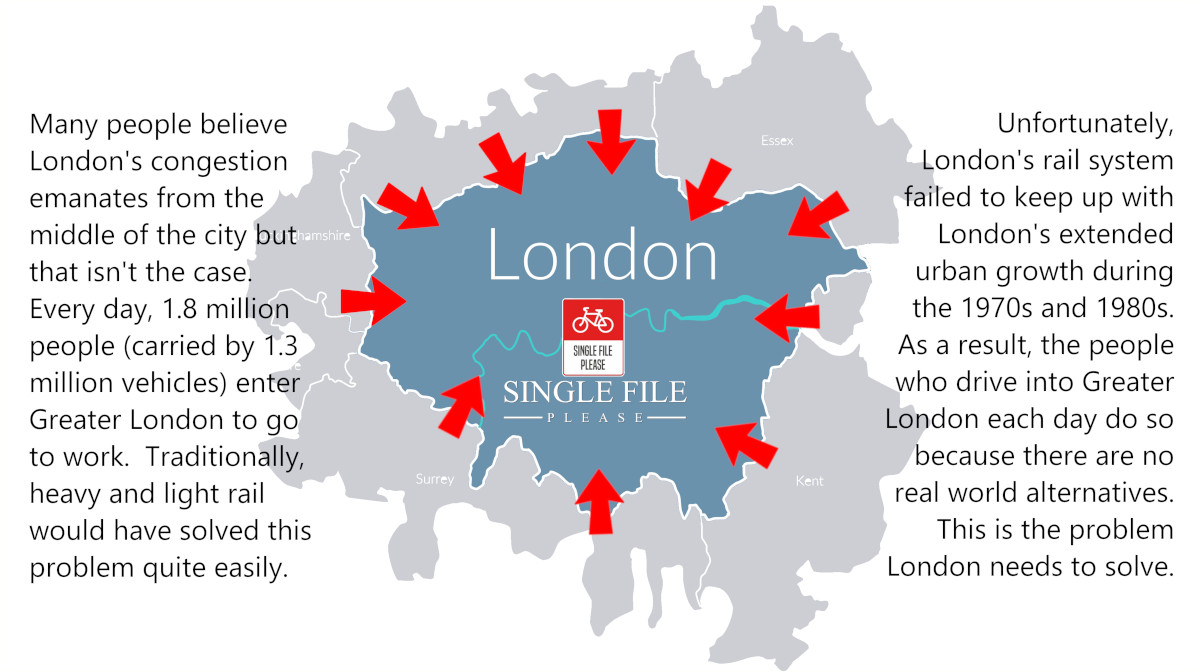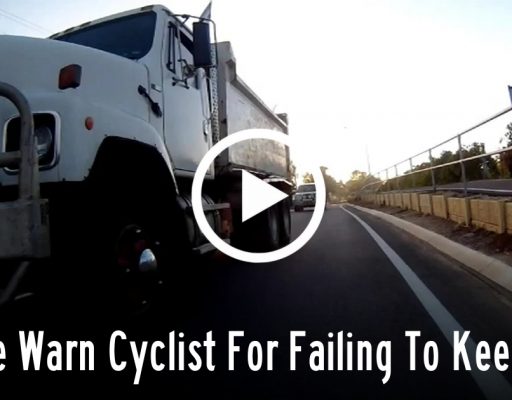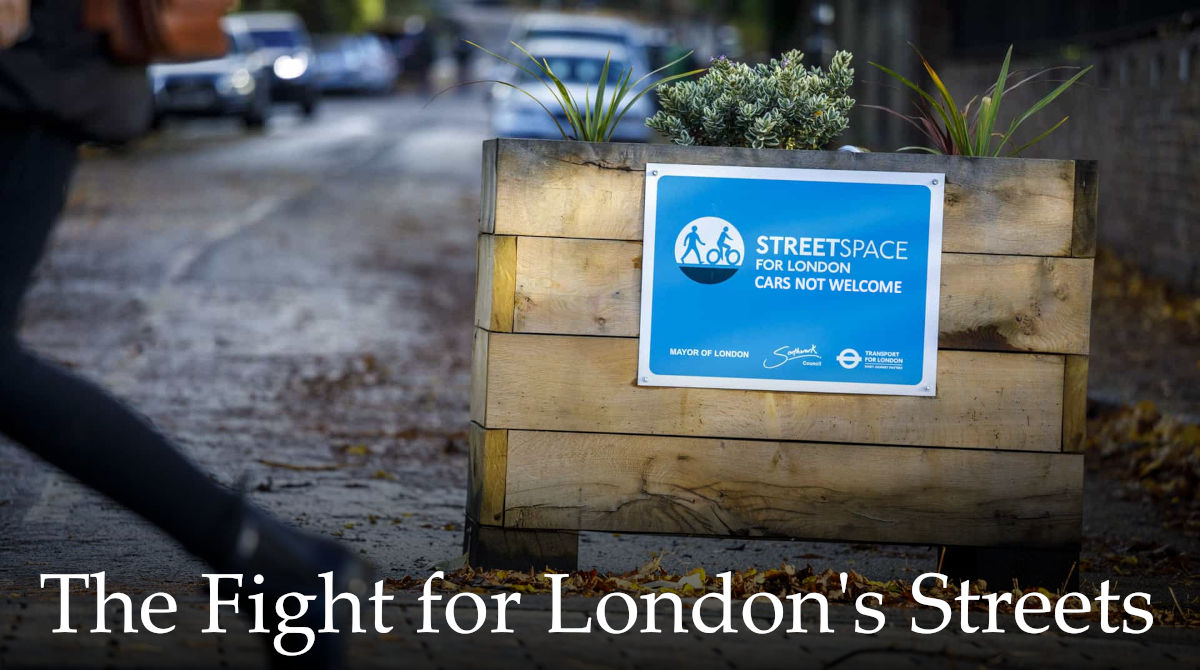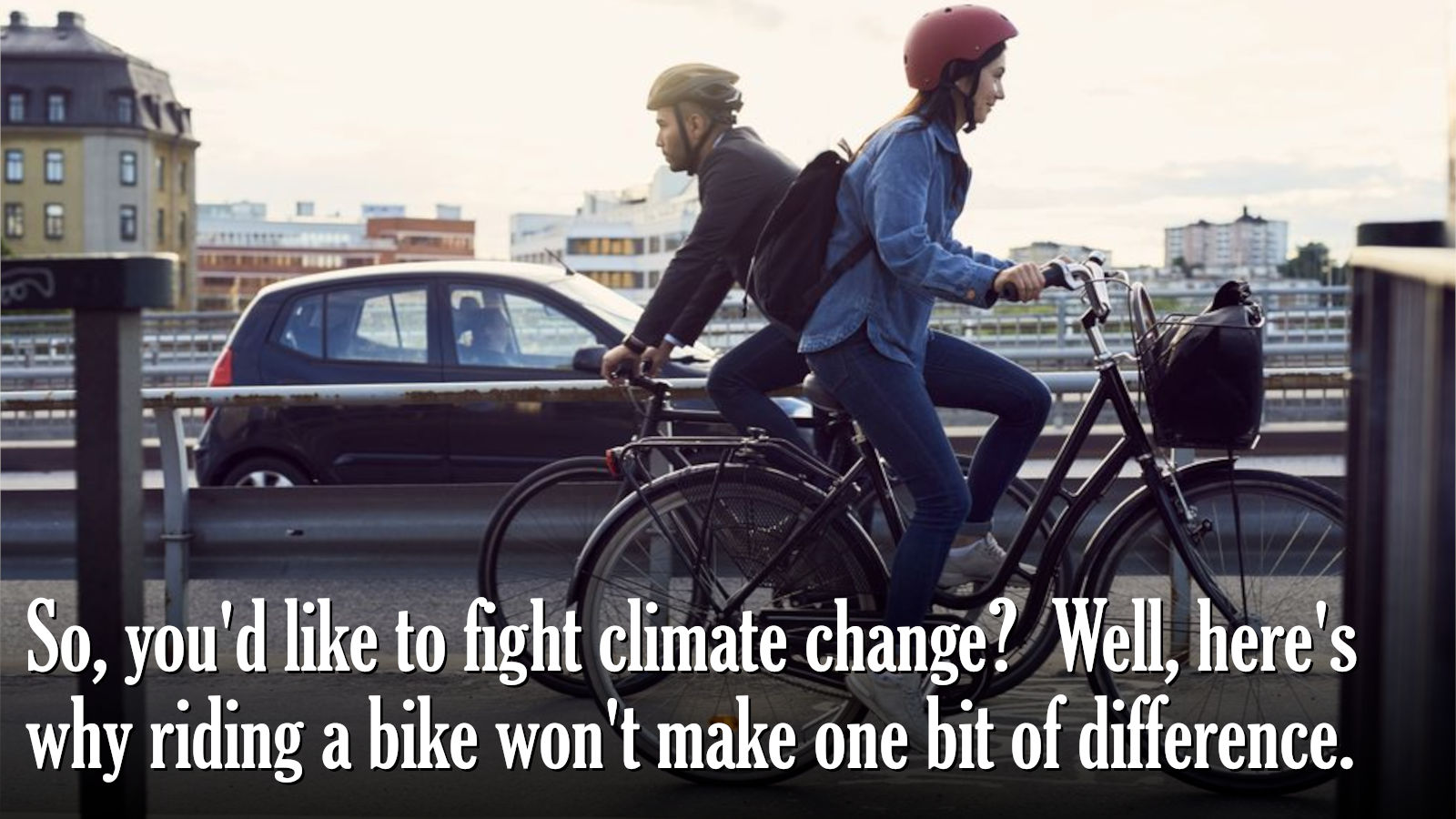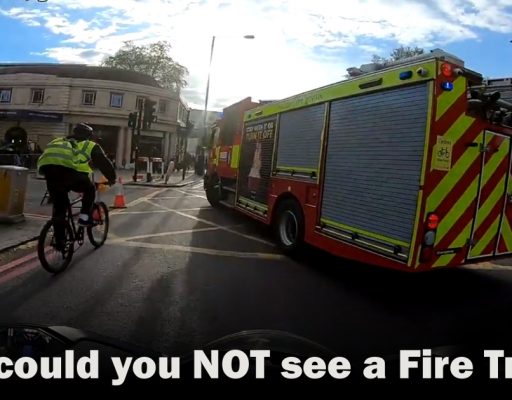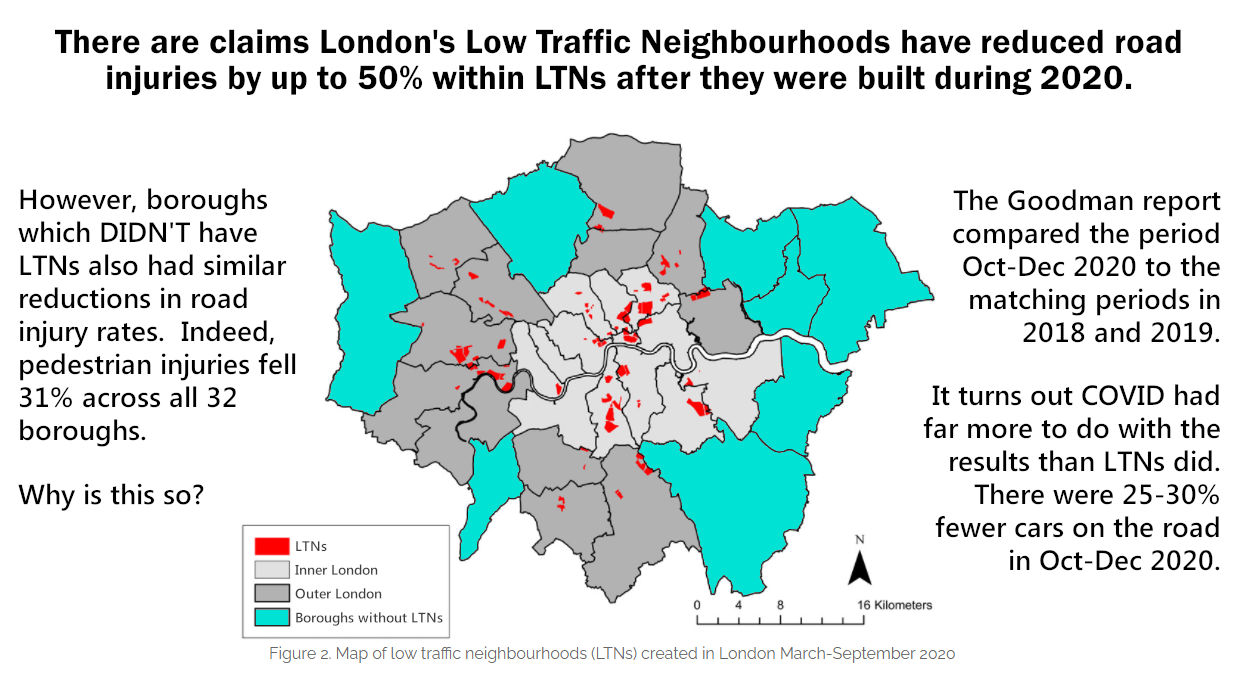In an announcement that will surprise no-one, a new research paper funded by the National Grid and Scottish Power has found the majority of respondents want to see the installation of a wide spread electric vehicle charging network installed in British cities.
Ian Mayberry, founder of Single File Please, says “This is the beginning of the new battle ground regarding who is ultimately going to make the most money from private transport. You don’t have to be a rocket scientist to realise the power companies want to get in on the ground floor regarding electric vehicles, but they desperately need more city foot print regarding charging stations.
“Think about it…. the major oil companies have had one hundred years to get their infrastructure right,” he continues. ” everywhere you look there are petrol stations which exist to fuel your car. Meanwhile Scottish Power, the National Grid, they all realise there’s loads of money to be made here but they need assistance from every level of government to claw back all that lost ground regarding infrastructure. So what they’re doing is they’re actually funding climate change fears. It’s very cynical.”
In a new report called The Climate Consensus, a joint report written by the World Wildlife Fund and the Demos thinktank, claims are being made the U.K. public are happy to back restrictions on fossil fuel powered car use in cities (in favour of electric vehicles) to tackle the climate crisis.
Quite tellingly, support became almost non-existent when people were asked if they also favored congestion pricing.
“That’s where the rubber meets the road,” Ian Mayberry says. “The major power companies have realised people still want to use cars, especially in cities with wild changes in annual climate, but they also know people don’t want to have pay congestion charges.
“So the major power companies are funding climate change fears instead. It’s in their interests to do that because they can see there’s huge money to be made, moving forward, by getting government to subside the rollout of electric charging infrastructure.”
Unsurprisingly, well known cycling advocates like Carlton Reid are choosing to interpret the The Climate Consensus as yet more evidence the vast majority of British citizens are itching to ditch their cars and ride bicycles instead.
But that’s not what the Demos report shows. The Demos report actually understands where the true source of harmful global emissions are coming from, and cycling advocates like Reid are guilty of ignoring those findings because it doesn’t suit their agenda.
In the above graph, taken from the Demos Report, the sliding scale of larger circles represents the most important areas of human life on Planet Earth which need to be addressed, and it’s pretty obvious that restricting car use in cities is right at the bottom end of “the list of things that matter.” None of which are ever acknowledged by cycling advocates like Carlton Reid.
For example, in a recent article by the European Cyclists Federation, it was found 40 million cyclists are required to offset the equivalent of 15 million tons of CO2. When the article was released, Reid proclaimed the research as a massive achievement in the fight against climate change. However, some perspective is in order. To give you an idea of how insignificant that amount is, 15M tons of CO2 equals just 0.044% of the total CO2 emitted globally in 2018.
This is why in the above graph the largest circles reflect livestock production and electricity production.
Of course, Reid being Reid, in his latest article he focused almost entirely on one tiny finding in the report – apparently 55% of survey respondents want increased investment in public transit and they would to like see the “kind of cycle lane network that exists in some other countries.” Which in Reid’s world view, that means “more like Amsterdam.”
Well let’s run with that for a moment. Let’s focus on public transit instead of bicycles. Heavy and Light rail is what really counts. Why? Because unlike bicycles, heavy and light rail actually get people OFF the road system. That’s why this next graph regarding where the pressure is coming from on a daily basis in London, we can see the real issue. People use private cars on the road system because public transport in the form of heavy rail is often non-existent, and if it does exist, it’s often more expensive.
Share this article on your favourite social media platform.
